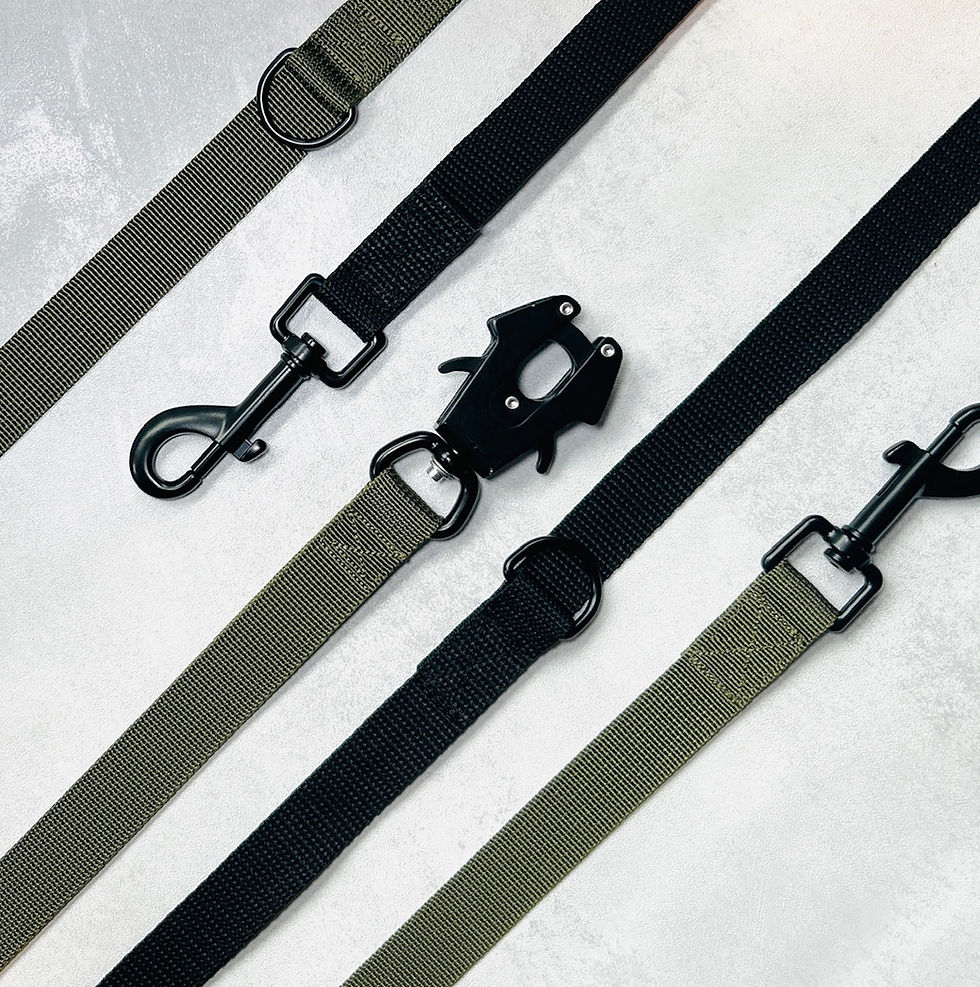The Cycle of Reaction: How We Create Our Own Struggles
- Cat Hamilton

- Mar 27
- 3 min read
Have you ever stopped to notice how much of your day is spent reacting? Reacting to people, to situations, to your dog, to a stranger’s tone, to a message that ‘felt’ off?
Life can often feel like an emotional rollercoaster, filled with moments of irritation, frustration, or even anger, all based on what we think something means. We believe we are simply responding to what’s happening around us, but in reality, we are reacting to the meanings we attach to those moments.
From the moment we wake up, we are in a constant state of response. Someone cuts us off in traffic, and we feel disrespected. A colleague makes a comment, and we assume they meant to criticise us.
If our dog doesn’t listen, and we take it personally, as if they are purposely ignoring us, we get angry at them and bring more tension and confusion to the situation.
The truth is, we don’t just react to what happens; we react to what we think it means.
Think about the last time you felt upset by something. Was it the event itself that caused the distress, or was it the story you told yourself about it?
They did that on purpose.
They shouldn’t have done that.
Why is this happening to me?
These internal dialogues create unnecessary suffering. Instead of seeing things for what they are, we see them through the lens of our emotions, past experiences, and assumptions. We get stuck in cycles of blame, judgment, and arguments, all in an attempt to make our perspective heard. But what if we could step out of this pattern?
Does reacting in our usual ways bring more peace, and resolution or more pain and upset?
We do the same thing with our dogs. We label their behaviour as ‘difficult’, ‘stubborn’, or ‘naughty’ without considering what they might actually be experiencing.
A dog barking isn’t intentionally ‘being annoying’, they’re communicating. A dog pulling on the lead isn’t ‘defying you’ ; they’re reacting to their environment, and letting you know they are unhappy.
Yet, instead of seeking to understand, we react emotionally. We get frustrated when they won’t settle. We feel embarrassed if they don’t behave how we think they should in public. We see their behaviour as a problem, rather than a communication.
Imagine if, instead of reacting, we asked ourselves:
What is my dog trying to tell me?
How can I guide them calmly instead of getting frustrated?
What if I stopped taking their behaviour personally?
A shift in perspective changes everything. Dogs don’t carry resentment, shame, or the need to prove a point. They respond to what is, not what they think it means. What if we could do the same?
So how do we break free from this cycle of reaction? It starts with presence. When we stop and observe rather than immediately respond, we create space. Space to choose understanding over assumption, calm over chaos, and connection over conflict.
Is it possible that you are always right in your assumptions, and everyone else is always wrong?
Next time you feel triggered by something; whether it’s your dog pulling on the lead, someone’s comment, or an unexpected situation; pause. Instead of immediately reacting, ask yourself:
Am I seeing this situation clearly, or am I making assumptions?
What meaning have I attached to this, and is it actually true?
How can I respond with more awareness and less emotion?
When we stop reacting blindly and start responding with awareness, life becomes less of a battle. We realise that not everything is a personal attack.
That dogs are simply being dogs. That people are moving through their own experiences, just as we are. And that by choosing understanding, we invite more peace and harmony into our lives.
If no-one stops the reactionary behaviours we are all adding more anger and negativity into the world. Wouldn’t it be better to bring more love and understanding to situations?
It has been said that world peace starts with each of us. If we are all living in reaction, in anger and the need to prove a point; where will ‘world peace’ come from? It can’t magically happen if there is no peace in each of our daily lives.
Life isn’t about controlling what happens; it’s about choosing how we
engage with it. And when we stop making everything personal, we finally free
ourselves from the endless cycle of reaction, and impact our lives positively.











Comments